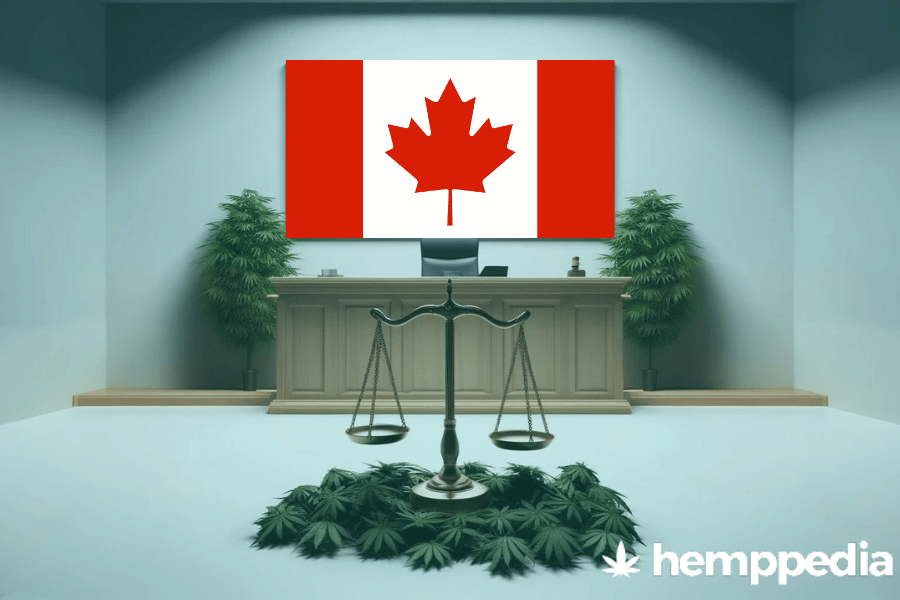TL;DR
Cannabis is completely legal in Canada, both for medical and recreational use. This makes Canada one of the relatively few places in the world with unhindered legal access to cannabis.
| THC | CBD | |
|---|---|---|
| Recreational | Legal | Legal |
| Medical | Legal | Legal |
Introduction
Understanding the legal landscape of cannabis use in different parts of the world has become increasingly relevant as countries revisit their drug policies, with some leaning towards decriminalization or even full legalization.
Overview of Cannabis Legislation
The terms ‘legalization’ and ‘decriminalization’ often arise in debates about drug laws. When a substance is legalized, it’s permitted under certain conditions. When it’s decriminalized, criminal penalties are removed but it’s still not completely legal. Cannabis laws vary from outright prohibition to decriminalization to legality for medical and/or recreational use.
Canada’s Legal Details
Legal Status
Cannabis was legalized for both recreational and medical purposes in Canada in 2018. It’s federally legal and governed by specific regulations such as the Cannabis Act (Bill C-45). As such, it’s legal to possess up to 30 grams in public, share up to 30 grams with other adults, and grow up to 4 plants per residence for personal use.
Historical Context
Cannabis prohibition in Canada began in 1923, and it remained illegal until the federal Cannabis Act was passed in June 2018, impacting the social and legal fabric of Canadian society.
Possession and Use
In Canada, adults aged 19 and over (18 in Alberta and Quebec) can legally consume cannabis. Use is restricted to private residences and some outdoor public spaces, but it’s prohibited in vehicles or places frequented by children.
Cultivation and Distribution
Private cultivation is limited to four plants per residence. Legal commercial distribution is managed by provincial or territorial authorities, and cannabis products are sold in regulated stores or online platforms.
Enforcement and Penalties
Despite legalization, there are still laws governing cannabis use in Canada. Violations, such as unlicensed selling or exceeding possession limits, can result in penalties including imprisonment and fines.
Medical Cannabis
Medical cannabis has been legal in Canada since 2001. Patients can access it with a prescription and registration with a federally licensed seller.
Social and Economic Impact
Legalization in Canada has moved the cannabis market away from the illicit sphere, creating a substantial legal industry and jobs. It has also initiated discussions around public health and safety.
Comparative Analysis
While Canada is among the countries that have completely legalized cannabis, the situation varies globally, with only a few countries allowing unrestricted access.
Future Outlook and Ongoing Debates
The impact and success of Canada’s cannabis policy are still subjects of ongoing study and debate. This will inform future legislation and help shape policies in other countries considering similar measures.
Conclusion
Cannabis law in Canada reflects a shift in global attitudes concerning drug control. While its approach is not universal, it represents a significant statutory landmark in the ongoing cannabis legal reform worldwide.





